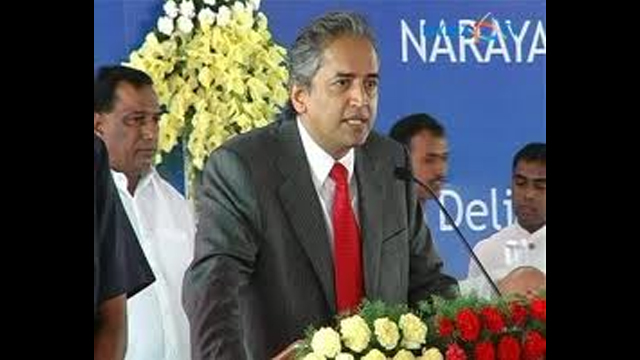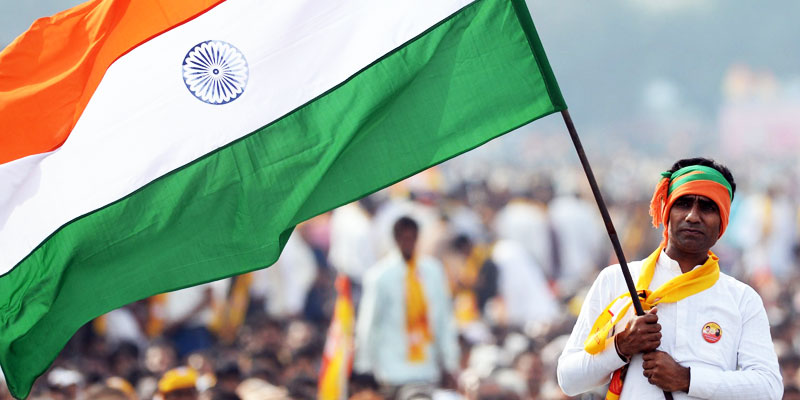Renowned cardiac surgeon Devi Shetty said in the West Bengal capital that the acute dearth of gynaecologists was a big cause of high maternal mortality in India, and having first world rules in place was not enough.
Renowned cardiac surgeon Devi Shetty said in the West Bengal capital that the acute dearth of gynaecologists was a big cause of high maternal mortality in India, and having first world rules in place was not enough.
“We have first world rules but third world infrastructure. All the rules are like first world, but there is nothing available. That is why we have a serious problem with maternal mortality rate in this country,” said Shetty. The founder of Narayana Health (NH), India’s largest multi-specialty hospital chain, was speaking at an event in Kolkata Saturday.
“We need one and a half lakh gynaecologists in the country to reduce the maternal mortality rate… we have 40,000. We need at least 5,000 post-graduate seats in radiology to prevent all these premature deaths. We only have 450 post-graduate seats,” Shetty said, underlining the need for increasing the number of post-graduate seats in colleges, and for heightened political will for the provision of quality healthcare.
Shetty said post-graduate seats in medical colleges should be increased by three to four times to achieve universal rural healthcare.
“So in the five broad specialties — anaesthesiology, general medicine, orthopaedic, paediatrics and radiology — seats should be increased by three to four times. Otherwise, you will never have rural healthcare,” Shetty said.
“The premature deaths will not go down unless you create more gynaecologists, more anaesthesiologists, more paeditricians, more radiologists,” he said.
Shetty also highlighted the importance of dialogue between the state and central governments in decision making.
“But then we need political will. All the state governments are helpless because state governments are the custodians of healthcare, but the central government makes all the policies. They should talk to each other and change that,” said Shetty, while announcing a Rs.1,000 crore expansion plan of NH in two and three tier cities.
Aimed at servicing 100 cities of the tier two and three categories, NH plans to open around 60 super-specialty hospitals across the country.
“We have identified 100 cities in the tier two and three classes that do not have adequate health facilities. We will invest Rs.1,000 crore and plan to build 60 to 70 hospitals in a span of five years,” Narayana Health vice chairman, managing director and group CEO A. Raghuvanshi said.
“Most hospitals in metros are city-centric, as they cater to mostly people in the metropolis. Distance becomes a major factor for people living in smaller cities and villages,” he said.
“Each of the hospitals will be low-cost centres and cost will be significantly low in comparison to metros,” said Devi Shetty.
Under the expansion plans, NH will construct six to seven hospitals per year in cities like Lucknow, Guwahati and Siliguiri, besides others.
Facilities like cardiology, cardiac surgery, neurology, neurosurgery, orthopedics, gastroenterology, urology and nephrology would be provided.
“West Bengal will be given priority. Our target is that every hospital should be a heart and cancer centre,” Shetty said.
NH, which recently announced its plans to open a 300-bed superspecialty hospital in Lucknow, is commissioning a hospital in Assam’s Guwahati.
“Construction will begin this year. Initially there will be 200 beds but later on we will add more beds to make it a 350-bed hospital. Another hospital will come up in (northern West Bengal’s) Siliguri that will be a 150-bed centre,” said Shetty.
Under NH’s Udayer Pathey endowment programme, 15 students from underprivileged backgrounds in West Bengal were awarded scholarships Saturday to help them pursue medical education.
IANS





